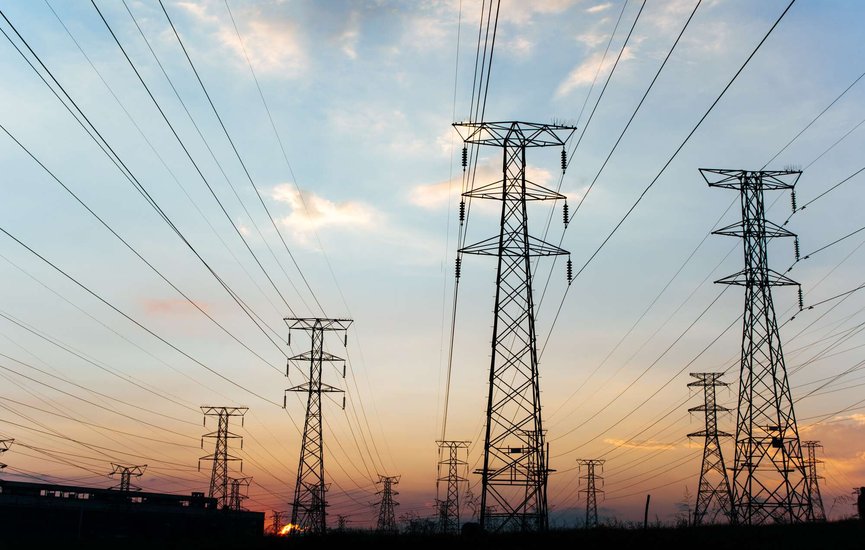Uganda takes back control of electricity distribution from Umeme after 20 years, sparking a legal dispute over unpaid investments and signaling a major shift in the country’s energy policy.
Uganda’s decision to reclaim control of electricity distribution has ignited a heated legal battle with Umeme, the private company that ran the network for two decades. The move has reopened old debates about the balance between state control and private investment in Africa’s energy sector while leaving consumers and investors watching closely to see who ultimately benefits.
When Umeme’s 20-year concession expired in March 2025, the government handed operations back to the state-run Uganda Electricity Distribution Company Limited (UEDCL). Officials argue that state management will help cut electricity costs, expand rural access, and better align power distribution with Uganda’s industrial ambitions. But Umeme insists it is owed $292 million in unrecovered investments, a claim now headed to arbitration in London. The government, which has already paid $118 million, disputes the remaining bill and is awaiting the outcome of an independent audit.
For many Ugandans, the clash is about more than numbers it is about who truly holds the power to light their homes and fuel the economy. Advocates of privatization argue that Umeme improved service, cut losses from theft and inefficiency, and attracted investment. Indeed, its customer base grew nearly tenfold, from 250,000 to 2.3 million. But critics say these gains came at a steep cost. Electricity tariffs surged, squeezing households and businesses, while rural areas lagged behind in access.
The return of state control marks a dramatic shift for Uganda, once hailed as a pioneer of market-led reforms in Africa’s power sector. Beginning in the 1990s, under World Bank pressure and domestic liberalization zeal, Uganda unbundled its state utility and granted Umeme near-monopoly powers to distribute electricity. Yet over time, rising tariffs and political dissatisfaction eroded support for the model. President Yoweri Museveni, long a defender of the concession, eventually concluded it was no longer serving Uganda’s development goals.
Still, uncertainty looms. Critics warn that UEDCL may struggle with inefficiency, political interference, and underfunding issues that plagued its predecessor, the defunct Uganda Electricity Board. Energy experts caution that without strong governance and reinvestment, the state takeover could jeopardize gains made under privatization. On the other hand, advocates say the shift offers a chance to build a more accountable, affordable, and inclusive system that prioritizes citizens over shareholders.
The government plans for UEDCL to manage distribution until at least 2028, when it will reassess whether to continue with state control or invite new private partners. Meanwhile, Ghana and other African nations eye Uganda’s experiment closely, weighing whether public control or private investment best serves their own electricity needs.
Uganda’s power struggle is far from settled. But one thing is clear: the outcome will shape not just legal settlements and corporate balance sheets, but the future of electricity access for millions of citizens. As the lights flicker between private and public hands, the real question is whether Ugandans will finally get affordable, reliable power or another costly experiment.
Takeaway: Uganda’s bold step to reclaim electricity distribution is a high-stakes gamble. If successful, it could lower tariffs, expand access, and restore public trust. If not, it risks repeating the inefficiencies of the past. For now, both citizens and investors are left in suspense as the legal and political battles unfold.
